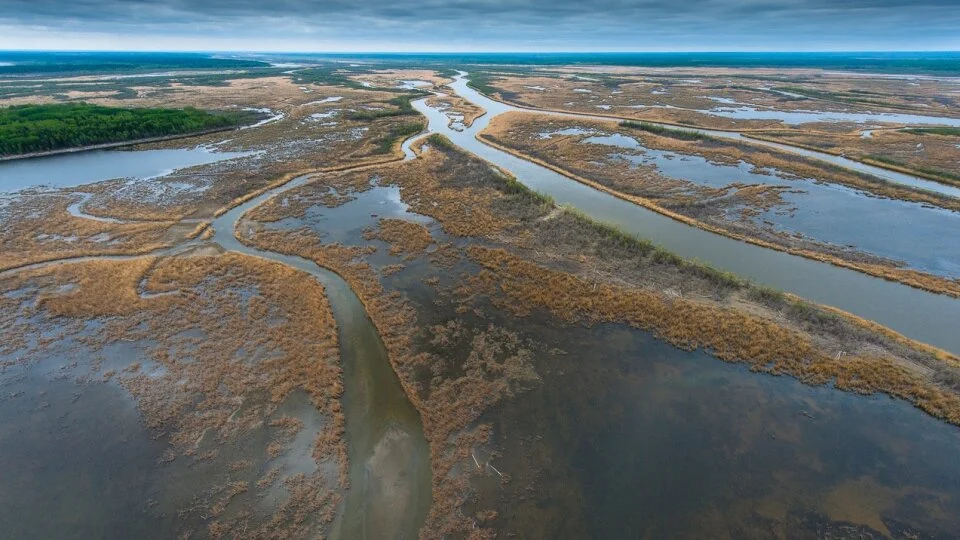It’s easy enough to shrug it off when a research paper that involved the study of nearly 400 temperate lakes worldwide identified Wascana Lake as among the leaders in water bodies that are losing oxygen the fastest, both at the surface level and at the lake bottom. While many people might regard the Regina lake as nothing more than a glorified slough unworthy of global consideration, the factors that contribute to its degradation also affect lakes elsewhere in Saskatchewan — particularly the shallow lakes across the southern part of the province — and indeed across much of Canada.
Bad news for fishing: Climate change is sucking the oxygen out of lakes, study suggests
The researchers found that from 1980 to 2017, oxygen levels fell by about five per cent near the surface and 19 per cent in deep waters, they reported in the journal Nature last week. The decline in oxygen levels in lakes is 2.75 to 9.3 times higher than the decline in oxygen in the world's oceans, which has also raised concern among scientists about the health of aquatic life. The fact that water can't hold as much oxygen at warmer temperatures is a main factor in decreasing oxygen levels in both lakes and oceans. When the surface waters warm, they also mix less with deeper waters, disrupting the downward flow of oxygen.
World Wetlands Day focused on improving awareness, protection for Sask. ecosystems
Experts are hoping World Wetlands Day gets people interested in protecting the shrinking ecosystems in Canada’s wetlands. Wetlands, both temporary and permanent, serve as a natural filter for larger bodies of water, replenish renewable water resources and serve as a home to many species. "The wetlands do all these things and it's pretty easy to forget that," said Peter Leavitt, Canada Research Chair. Jeff Olson, managing director at Citizens Environmental Alliance, said it is important to remember all the good these areas do, but to also mourn the ones we have lost.




